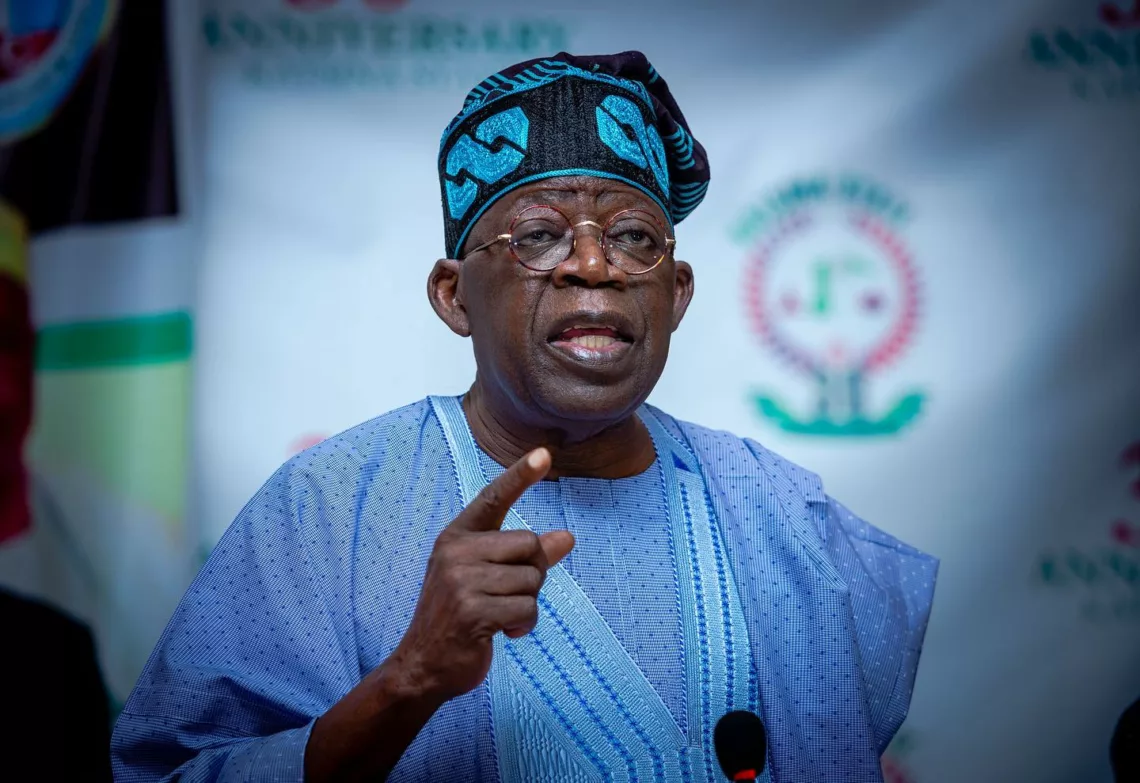Since assuming office on May 29, 2023, President Bola Ahmed Tinubu’s economic policies have raised concerns among economists, suggesting that Nigeria’s misery index is set to increase, at least in the short term.
The combination of inflation and unemployment rates is expected to contribute to the country’s worsening economic conditions, impacting the lives of its citizens.
According to a recent report by the World Bank’s Lead Economist for Nigeria, Alex Sienaert, the removal of fuel subsidies in Nigeria has resulted in the impoverishment of over four million people. Sienaert warned that if targeted palliative measures were not promptly implemented, an additional 7.1 million Nigerians could fall into poverty by the end of 2023.
The misery index, which considers the previous 12-month Consumer Price Index (CPI) percent change plus the unemployment rate, reflects Nigeria’s economic challenges. As of the end of the first quarter of 2023, Nigeria’s CPI stands at 22.41 per cent. The World Bank projects that inflation may reach 25 per cent in 2023 due to the removal of fuel subsidies, exacerbating the country’s existing inflation rate.
Unemployment remains a significant concern, with Nigeria’s current unemployment rate standing at 33.3%, accompanied by an under-employment rate of 22.8 per cent. The youth unemployment rate is at a staggering 42.5 per cent, further exacerbating the economic hardships faced by the younger population. The high food inflation rate, which has reached 24.35 per cent, particularly affects the poorest population, as over 85 per cent of their income is spent on food and food-related expenses.
Imo, Adamawa, Akwa Ibom, Cross River, and Yobe states have been hit hardest by the impact of rising prices, leading to the highest misery index rankings. These states experience a misery index of 78.75 per cent, 75.83 per cent, 74.16 per cent, 73.27 per cent, and 73.1 per cent, respectively, according to data from the National Bureau of Statistics (NBS).
The combination of rising inflation and unemployment rates, along with multiple increases in the monetary policy rate, has contributed to the spike in Nigeria’s misery index. Economist Steve Hankes’ 2023 Misery Index attributes Nigeria’s deteriorating position to these factors, emphasizing the importance of economic growth to mitigate misery.
While some economists believe that Tinubu’s policies have the potential to unleash Nigeria’s economic growth, others express concerns about the pace of reforms, suggesting that the poor masses may struggle to keep up, leading to increased poverty.
Uche Uwaleke, Nigeria’s first professor of capital market, acknowledges the positive reforms undertaken by President Tinubu but emphasizes the need for a sequenced approach to their implementation. Dr. Muda Yusuf, CEO of the Center for the Promotion of Private Enterprise (CPPE), and Bismarck Rewane, Managing Director of Financial Derivatives Company, both stress the importance of swift provision of palliatives for the most vulnerable populations to prevent further poverty.
However, Gbenga Johnson, an economic affairs analyst, supports the subsidy removal, stating that it benefits the entire economy in the long run. Dr. Emeka Okengwu, CEO of Anthill Concepts Limited, believes that Nigeria is going through an adjustment period and, if the policy is implemented effectively, the country will benefit in the long term, despite the initial hardships.
As the nation grapples with the effects of subsidy removal, the Nigerian government must prioritise measures that alleviate the burdens faced by its citizens. Failure to address these challenges promptly may lead to public discontent and further exacerbate the rising misery index in Nigeria.





